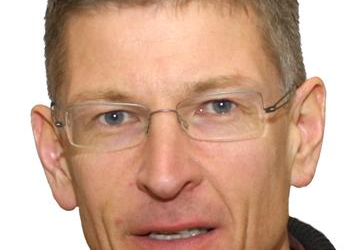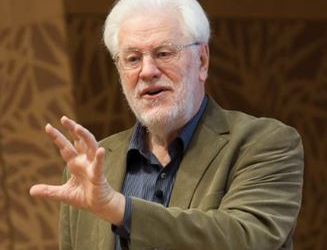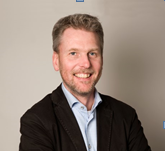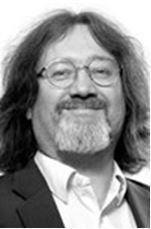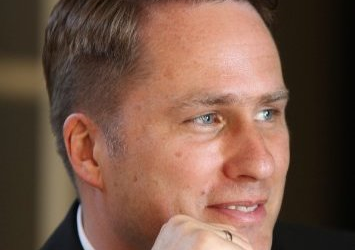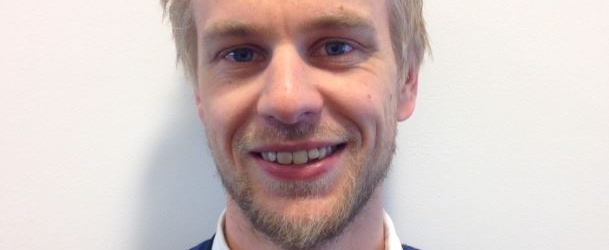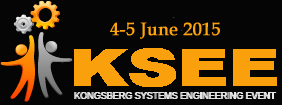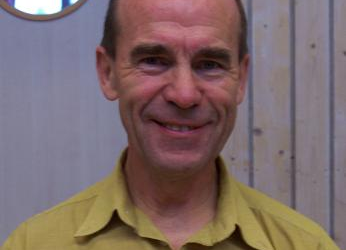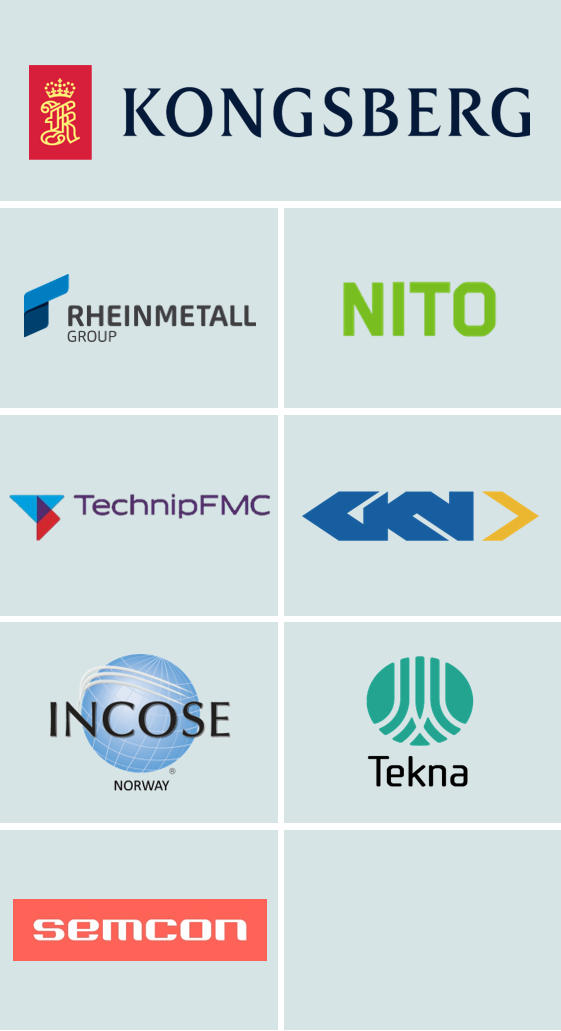Speaker: Tom Gilb
Presentation title: Some Principles of Useful Knowledge
Find the presentation here: Some Principles of Useful Knowledge 0547 5 June GILB
Presentation Abstract: This talk is a recommendation, for systems engineering university level training, to be more conscious of the types of equipping students (and teachers!) with knowledge which is guaranteed to last their professional lifetime, and which will help them make smarter systems engineering decisions.
In particular I identify 3 types of knowledge: principles, concept definitions and measures.
UNIVERSALITY: 1. Knowledge is more useful when it applies to
more circumstances
ETERNALITY: 2. Knowledge is more worth learning if it can be applied for a long time after learning it
VALUE: 3. Knowledge is more useful if there is a high value from applying it
SHARING: 4. Knowledge is more useful if it can easily be shared with others
PROOF: 5. Knowledge is useful when early feedback can prove its usefulness in practice
SYNCHRONOUS: 6. Knowledge is more useful when it can be used together with a larger body of knowledge
MEASURABIILITY: 7. Knowledge is more useful when the results of its application can be measured
ACCEPTANCE: 8. Knowledge is more useful when it is widely accepted in your culture.
COST: 9. Knowledge is more useful when the cost of applying it is low.
GENERATION: 10. Knowledge is more useful when is can be used to generate even more useful knowledge.
The talk is based on an INCOSE paper I wrote,
http://www.gilb.com/tiki-download_file.php?fileId=98
Undergraduate Basics for Systems Engineering, 2007
I will supply the listener with a free digital copy of my Competitive Engineering book, which contains full and rich free sets of these basics.
Biography: Tom Gilb is the author of 9 books. Current printings include “Software Inspection” (1993) and “Principles of Software Engineering Management” (1988, now in 20th printing). His latest book is “Competitive Engineering: A Handbook For Systems Engineering, Requirements Engineering, and Software Engineering Using Planguage.” He coined the term ‘software metrics’ with his book of that title in 1976.
Much of his work is available on his website, www.Gilb.com. He is currently a consultant, teacher and author in partnership with his son Kai. He mainly serves multinational clients in improving their organizations and methods. He joined IBM in 1958, and started freelance consulting in 1960.
He works with major multinationals such as Boeing, Bosch, Qualcomm, HP, IBM, Nokia, Ericsson, JP Morgan, Deutsche Bank, Credit Suisse, Microsoft, US DOD, UK MOD, Norway DoD, Intel, Citigroup, Schlumberger, Tektronix, GE, Thales, Rolls Royce, Sony, Hitachi, Philips Medical Systems, Siemens Medical, and many others – including smaller organizations such as. Confirmit (Survey systems), University of Trondheim IT Department, Startups like 2Leiki” (London, Web activity analysis tools).
His latest interest is development of his Planning Language, ‘Planguage’, described in his CE book, and its application in top management planning.
He is 2015 editing his new book at tinyurl.com/valueplanning.
He has been member of INCOSE for 2 decades, and is an active member of the Norwegian chapter NORSEC. He happily lectures at INCOSE local chapters on his worldwide travels and at INCOSE conferences and symposia. He is a frequent guest lecturer at universities worldwide.
He holds regular free London courses for the underemployed for British Computer Society.
His has been named Honorary Fellow of the BCS.
Version for INCOSE purposes June 2 2015
